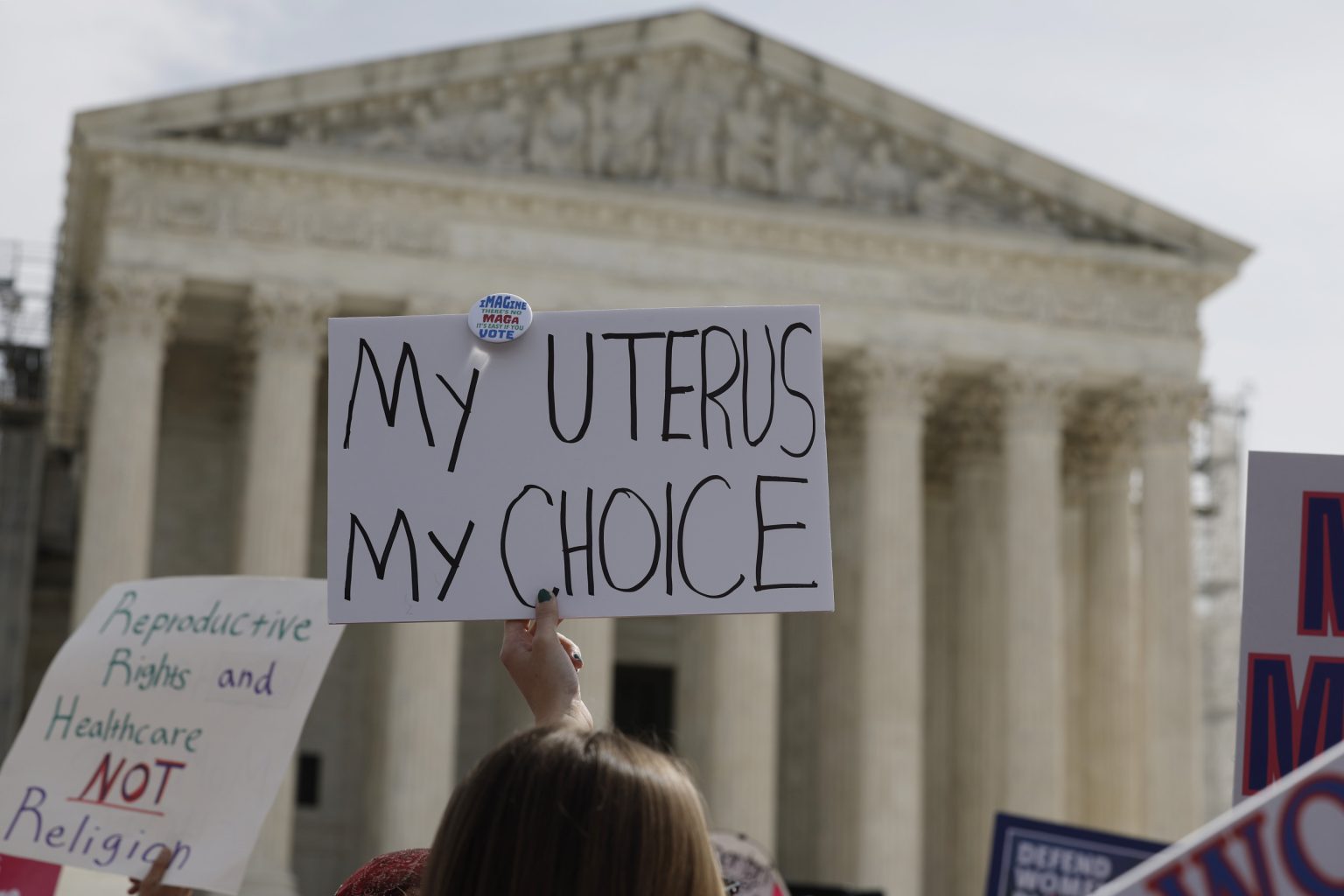The Supreme Court faced a clash over whether judges are qualified to overturn FDA approvals of medications such as the abortion drug mifepristone. Justice Ketanji Brown Jackson questioned the scientific knowledge of judges compared to the expertise and procedures of the FDA during oral arguments. The court was hearing the Biden administration’s appeal of a lower court ruling that limited how mifepristone is prescribed and distributed, the first major abortion case since conservative justices overturned Roe v. Wade two years ago. Justice Samuel Alito, who authored the ruling overturning Roe, questioned the infallibility of the FDA, leading to a debate on the role of judges in parsing medical and scientific studies.
The abortion opponents who challenged the FDA’s approval of mifepristone and subsequent actions might not have the legal standing to sue in the first place. The Biden administration argued that the plaintiffs failed to show harm traceable to the FDA and urged the court to dismiss the case. The FDA has refrained from commenting on the ongoing litigation. The proposed decision would allow current rules that permit patients to receive mifepristone through the mail without seeing a clinician in person and use it to induce abortion up to 10 weeks into pregnancy. The Biden administration and Danco Laboratories defended the safety of mifepristone and warned that a ruling in favor of abortion opponents could undermine the FDA’s process if judges question the agency’s scientific judgments.
During oral arguments, Justice Alito questioned if the FDA is infallible, prompting responses from the Biden administration’s lawyer and Danco Laboratories’ attorney. Justice Jackson also raised concerns about judges’ ability to interpret medical and scientific studies related to pharmaceuticals. The lower court’s ruling, which relied on questionable scientific evidence, was highlighted as a cause for concern by the attorneys defending mifepristone’s approval. They emphasized the importance of FDA’s thorough review process in approving drugs and warned against judges second-guessing these decisions.
In August 2023, the U.S. Court of Appeals for the 5th Circuit ruled that the FDA’s decision to allow mifepristone to be taken later in pregnancy, sent directly to patients, and prescribed by medical professionals other than doctors was not lawful. The ruling raised concerns about the safety of mifepristone for women and the impact of removing certain safeguards. The Supreme Court appeal hearing continued the debate over judges’ qualifications to challenge FDA decisions and medical expertise. The case has broader implications for the FDA’s drug approval process and the role of the judiciary in interpreting scientific data related to pharmaceuticals.
The ongoing legal battle over mifepristone highlights the tensions between regulatory agencies like the FDA, judicial review, and public health concerns. The clash between Supreme Court justices over the authority to question FDA approvals underscores the complexity of balancing scientific expertise with legal interpretation. The outcome of the case could have significant implications for the accessibility and safety of mifepristone and other FDA-approved drugs. As the Supreme Court continues to deliberate on the issue, the debate surrounding judges’ ability to challenge scientific judgments and the role of regulatory agencies in protecting public health remains a contentious issue in the legal and medical communities.


